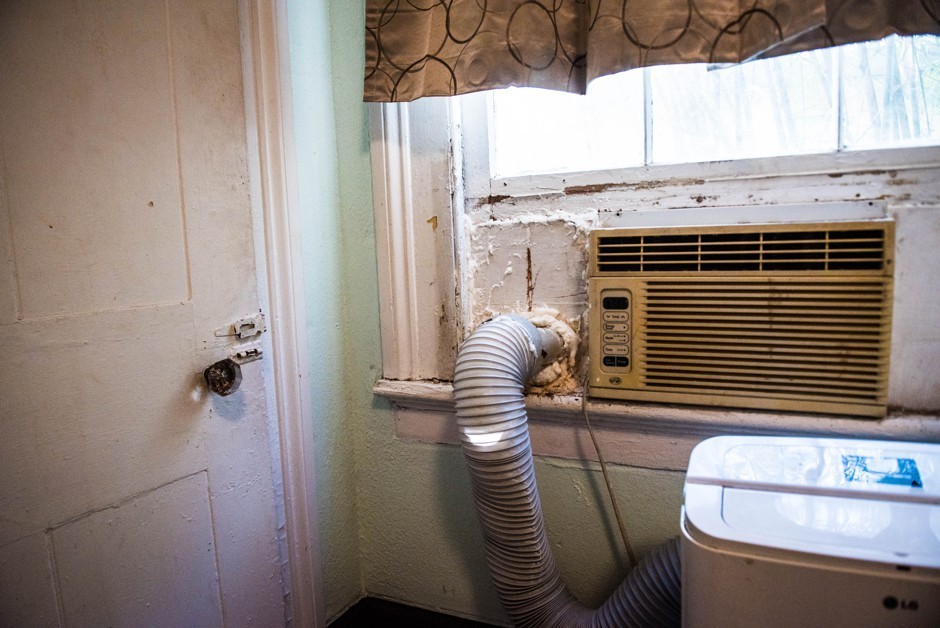This story was originally published by CityLab and is reproduced here as part of the Climate Desk collaboration.
On a rainy day in New Orleans, people file into a beige one-story building on Jefferson Davis Parkway to sign up for the Low-Income Heating and Energy Assistance Program (LIHEAP), a federal grant that helps people keep up with their utility bills. New Orleans has one of the highest energy burdens in the country, meaning that people must dedicate a large portion of their income to their monthly energy bills. This is due in part to it being one of the least energy-efficient cities in the country.
For many city residents, these bills eat up 20 percent of the money they take in, and the weight of the burden can be measured in the length of the line.
“We’ve got folks wrapped around the block,” said Andreanecia Morris, the executive director of a housing advocacy nonprofit called HousingNOLA. “There are people here paying 300, 400, 500 dollars a month. Some are paying utility bills that are as much as their mortgage.”
Andreanecia Morris of HousingNOLA says that energy costs play a central rol... Read more
